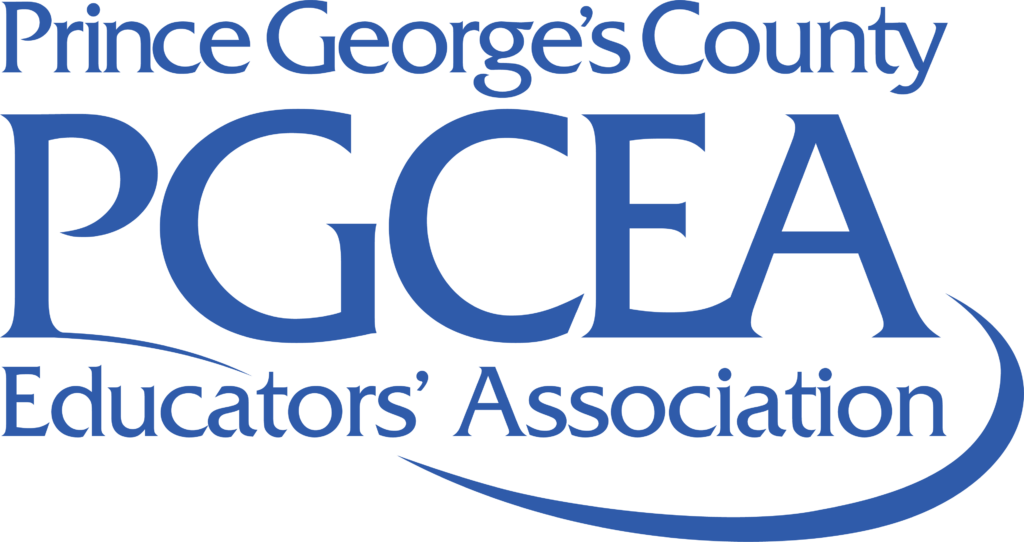ICYMI: The School Discipline Crisis in Maryland
Looking at the Role that Diversity and Inclusion May Play With Discipline and Behavior Today
In a hard-hitting article published by the Maryland State Educators Association (MSEA), student discipline was brought to the forefront with a focus on root causes of some problems as well as the racial implications. The article looks at the Maryland State Department of Education’s 2014 guidelines, which required a code of conduct that was to be rehabilitative in efforts to reduce school suspensions. Prince George’s County Educators’ Association (PGCEA) recently partnered with the Alliance to Reclaim Our Schools Prince George’s County to address disparities in the classroom, similar to what the article outlines. PGCEA President Theresa Mitchell Dudley released the following statement:
“In Prince George’s County, we understand the issues of equity and inclusion all too well. In a county where the majority of our students are the minority and come from backgrounds with unique challenges including a high concentration of poverty and first generation American, we are constantly working to ensure equity in all of our practices. We know that we must work with the school district to actively recruit qualified educators who reflect and can relate to the experiences of our student population and particularly our rapidly growing Latino student population. This is why we have worked vigorously to see a greater expansion of restorative practices and will continue to strive towards a school district that is equitable to all of its student population regardless of race, class or language barriers.”
Highlights from the article include:
[…]
“Accepting this charge requires a serious look at the discipline and suspension statistics that show an undeniable bias against young people of color and students with disabilities. Some of it is because of the way adults react to the same infraction.”
[…]
“Systemic poverty, institutional racism, mass incarceration, school funding and supports, technology, class sizes, under-resourced communities, lack of fresh air and exercise, student access to drugs, the opioid crisis — all these things and more help to create the difficult classroom environments so many of our students and educators are experiencing today.”
[…]
“While the demands on us are weighty, there are numerous studies and personal experiences that prove that we, as members of the education profession, must take a look in the mirror,” Bost said, “and be frank about examining, owning, and moving to correct implicit biases, institutional racism, adultism, gender inequities, and cultural stereotypes, whether race-, ethnic-, wealth-, or gender-based.”
The complete article can be read here.
If you would like to receive more information or request an interview with PGCEA President Theresa Mitchell Dudley, contact Joshua Harris at [email protected]
